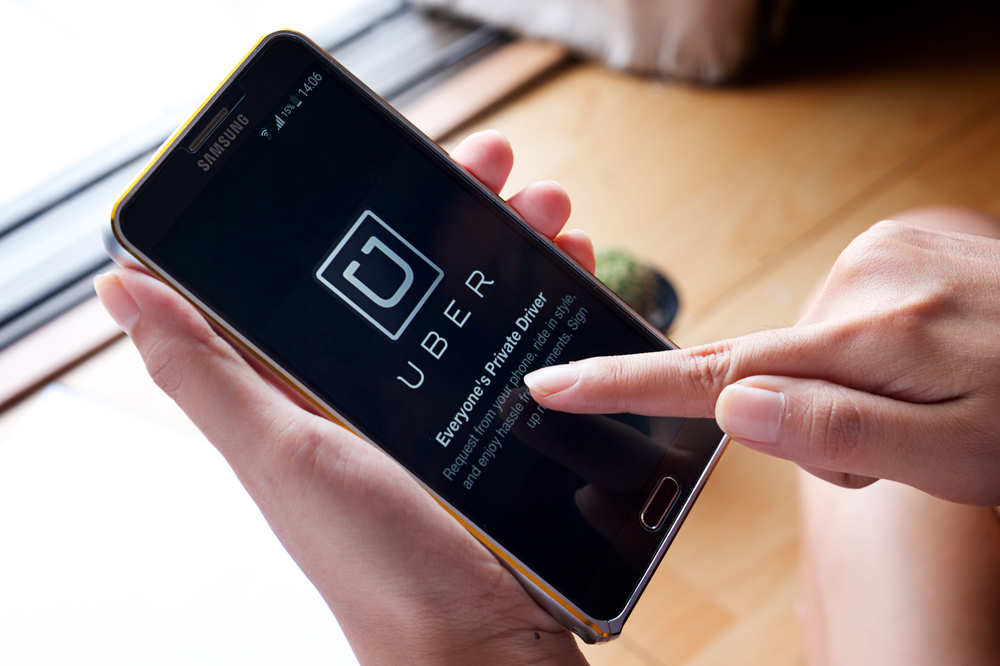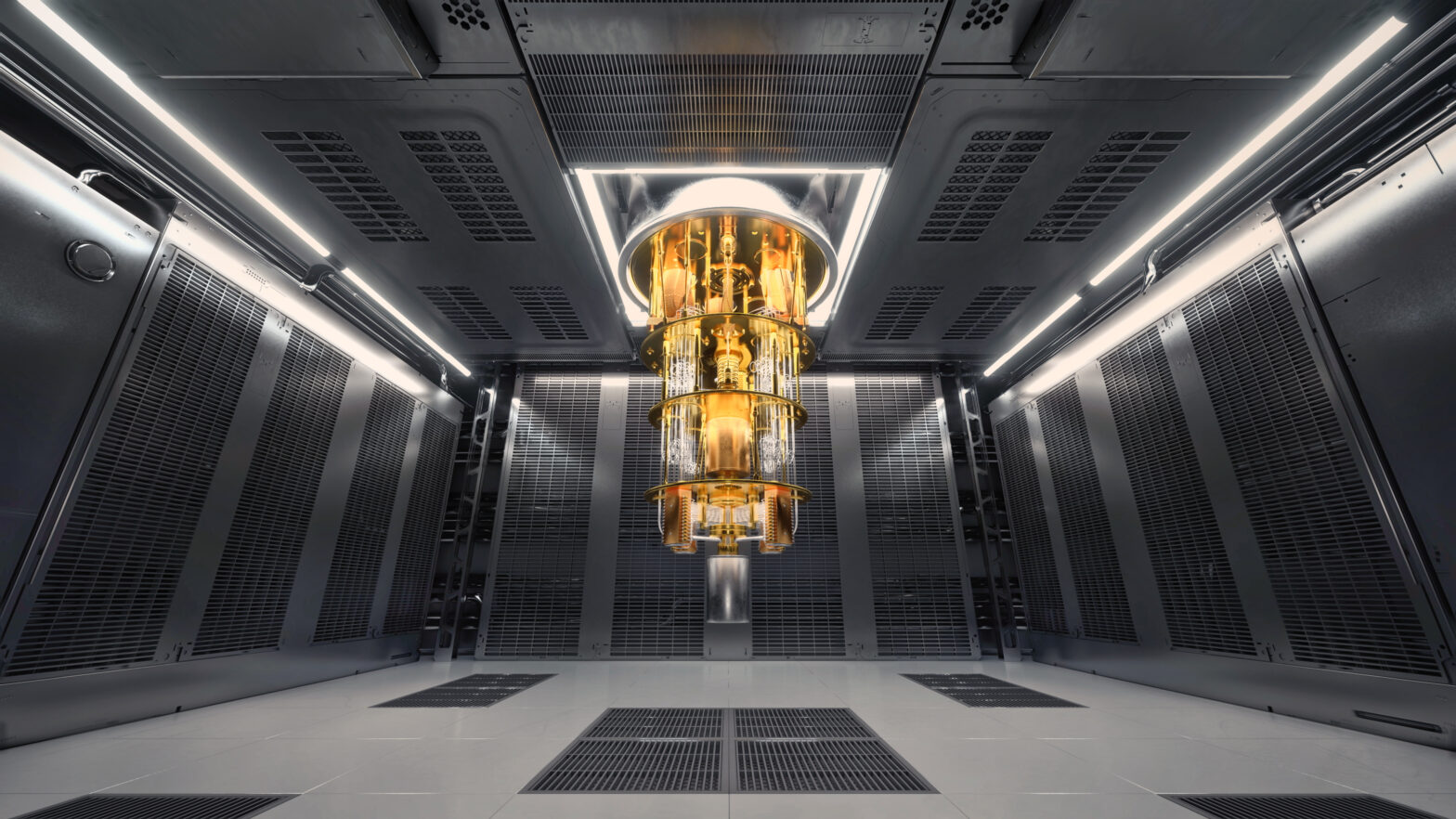It seems every week we’re learning about new technologies or advances in existing technology that shape the way we live.
Take drones. Cast your mind back only a few years when the concept of Amazon’s drone parcel delivery service seemed like tech gone mad.
Today, we’re seeing drones at affordable prices propelling novel uses from scientific data collection to the birth of new competitive sports which see teenagers walking away with $250k prizes (yes, there is a Grand Prix of drone racing).
Similarly, technological disruption is already reshaping our economy and the consumption patterns of generations to come. Today’s innovations are radically altering industries such as transportation, travel and hospitality.
>See also: Assuring trust in the sharing economy
Recently, fintech developments like peer-to-peer (P2P) lending are shaking up traditional finance sectors and it’s only a matter of time before technology-driven disruption spreads to markets like housing, where demand already outstrips supply.
It’s no coincidence that technology is shaking up the finance industry. In the wake of the global financial crash of ‘07/’08, consumers began to dawn to the control unwittingly lost to the large corporations in whom they had placed significant trust for their homes, income and finances.
As a result of this consumer awakening, digital disrupters like Airbnb and Uber launched tech-based business models that hand control back to their customers, with sharing and transparency at the core of their services.
It’s no surprise that consumers are adopting sharing economy practices with such ease, as it fits comfortably within increasingly fragile financial states. Today, people are faced with increasing costs of living, slow national salary growth and soaring house prices that will keep many off the property ladder for years to come.
A 2015 Bank of England survey revealed that just under half of all families who don’t already own their own home believe they will never get on the housing ladder. This represents around 4.5 million households and compares with only 32% who said they were confident of buying.
What’s left is a generation aptly dubbed ‘generation bail-out’ who are destined to depend on their parents far longer than their predecessors; millennials with an asset-light stance on consumption who value experiences over possessions and are obsessed with sharing them through social media for the world to see and critique.
Generation bail-out is embracing a sharing economy with open arms and at a startling rate, something that can’t be ignored and neither can they.
So whether it’s opting for an Uber with strangers over buying a car, seeking communal housing rather than buying a homes, or even checking into someone else’s home through Airbnb rather than a hotel, disruptive technology has consumers engaging in behaviours that would have seemed unthinkable as recently as five years ago.
This has triggered an era of internet-enabled intimacy, and it’s proving increasingly difficult to predict the future of it. “We always overestimate the change that will occur in the next two years and underestimate the change that will occur in the next ten,” said Bill Gates in 1996, when Apple was still five years away from releasing its first iPod.
Based on the current evolution of technology-enabled sharing across multiple industries, here are ten predictions for the next ten years.
1. Further banking competition from the fintech scene
New apps and online services, along with new competition from beyond financial services sector, with the likes of Amazon moving into the banking space.
2. Banks remain dominant but lean on fintech innovation
Banks will remain dominant as ‘financial advisors’, building on their historical legacy of being a trustworthy place for finances. However, they will begin to incorporate the innovations from the fintech quarter to improve their functions, either from internal development or acquisition.
3. On-demand retail
Companies will continue to offer new and improved access through delivery of goods i.e. Deliveroo and UberEats, and will also tap into 3D printing for instant gratification of certain goods.
4. Driverless car market heats up
The race to put driverless cars on the road will intensify, seeing Tesla, Google, Apple and Uber, along with many of the traditional car makers, publicly testing and launching the technology. However, the race for global scale launches will be limited by legislation not technology. Driverless technology will also begin to dominate public transport, seeing trains and the London underground shift away from human drivers.
5. Cars become more connected
Networked car technologies will allow cars to communicate and inform amongst each other and road signs, which then will update information on upcoming traffic issues for safer and shorter journey.
6. Return of the supersonic plane
Not since Concorde launched in 1976 (and retired in 2003) have we seen supersonic air travel be available commercially. We’ll finally see supersonic planes return to the skies, drastically reducing transcontinental travel time, with London to New York reduced to three hours, and at a more affordable cost to consumers.
7. Virtual reality transforms hospitality and tourism
Virtual reality and immersive 3D experiences will be used to bring accommodation and other holiday services to life to help people make the best choices for the taste and budgets
>See also: The evolution of the sharing economy
8. Cloud continues to evolve collaboration
Cloud-based work environments will shift the emphasis from email communication to real-time project collaboration. Time will be spent more productively on the actual project than on lengthy written planning communication.
9. The smart home
The home will become a much more important place for well-being, supported by interconnected technology like smart mirrors that integrate with selected apps and other home appliances to track your daily habits, offering lifestyle recommendations each morning.
10. And an even smarter kitchen
By scanning the barcodes and weights of the items placed within them, fully integrated fridge freezers will be able to notify you when they’re running low on the necessities and will sync with your online shopping basket to replenish them at your command.
Sourced from Matt Ralph, Landbay







